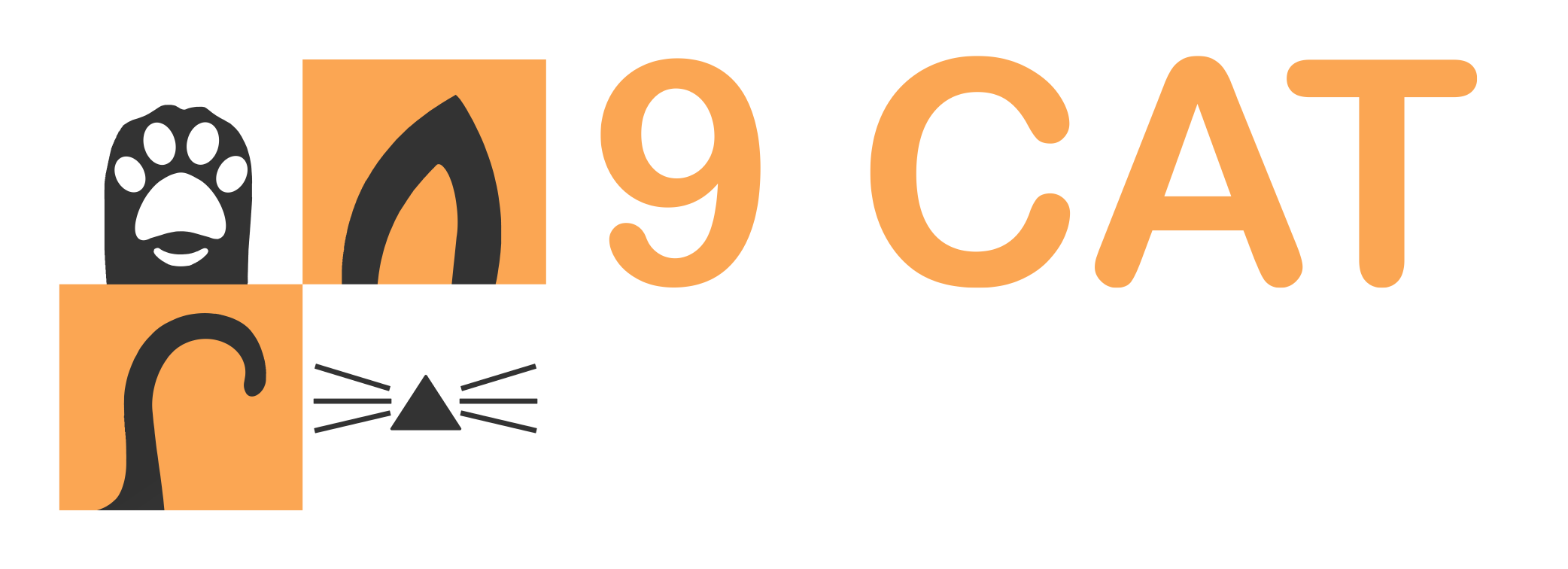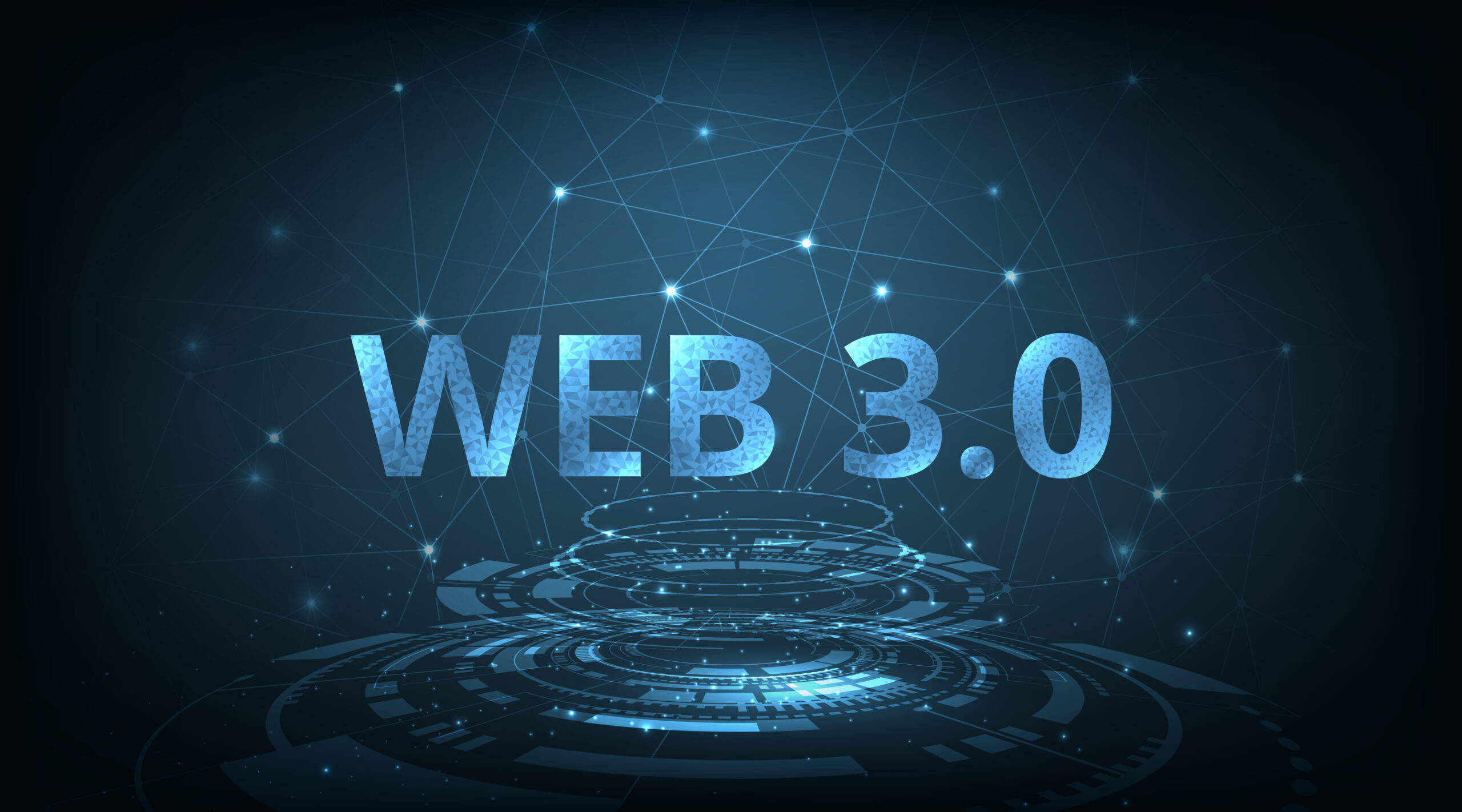The strength of Web Development and how ways of live will change for better.
Before we delve deeper into Web 3.0, let’s begin with “Web 1.0,” the origin of the website development born in 1989 by Tim Berners-Lee who is an English computer scientist. He found the way to communicate texts in many dimensions for the purpose of merging the data via the internet under the name “World Wide Web” aka "www." This method is one way communication.
“Web 2.0” is the two-way communication, the place where there is interaction. Compared to the Web 1.0, Web 2.0 closes the gap where Web 1.0 is stored as it can only receive, cannot give. This gave birth to socializing on the internet, for example, Facebook which is the platform to distribute web content management.
Whereas the main problem of Web 2.0 is when we communicate on the platforms, we still need the middle men as Facebook. Facebook can access our own data and store the user experience which leads to the lack of privacy. It can sell or use the data without permission so here come the Web 3.0
“Web 3.0” came the same from Tim Berners-Lee who found Web 1.0, he sees Web 3.0 will merge data into a large database, connect to the worldwide network and with the help of developed technologies such as Artificial Intelligence, Machine Learning, including the Blockchain. It will be a massive network.
Strengths of Web 3.0:
- Decentralized: users can communicate without using any server, the power belongs to the owner of the data.
- Users can participate to develop coding of the website or application crafting it until it’s usable. For example, Github opens to all users for coding.
- Consensus: anything can be validated among users.
However, Web 3.0 that is completely decentralized is partially an ideal at this moment because we need to use the internet service which may be monitored by the government – this cannot allow Web 3.0 to be absolutely decentralized.
“Our world moves along with the development and it never stops.
In the future, we will exactly see the Web 3.0 that is purely decentralized.“




